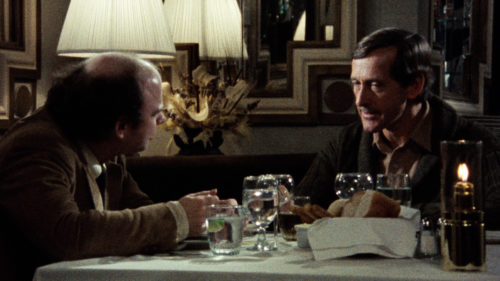What follows is less than a book review and more than a book report – I hope. My plan is to convey a first impression, chapter-by-chapter, every week or so.
Preface and Chapter 1: Spontaneity and Inertia.
Harry Frankfurt: “It is far from easy to explicate the difference between being active and being passive, and in fact philosophers have for some time generally neglected the task.” (“Identification and Externality,” in The Importance of What We Care About.) But Pinkard is taking it on with the help not only of Sartre but also that of Marx, Hegel, and Heidegger, whose thought Pinkard argues is essential to the concept of practical action presented in the Critique of Dialectical Reason.
Sartre’s motive in writing the Critique has typically been regarded as political, but Pinkard is interested in the more purely philosophical problems that Sartre felt the need to confront. Unsurprisingly, Hegel and Marx loomed large, but so did the later Heidegger, and they all led Sartre to “rethink … the positions he had staked out early in his career … on meaning and practice” (xi.) More specifically, he was led to move from the standpoint of individual self-conscious subjectivity to that of “a kind of mutual self-relation of agents,” corresponding to Hegel’s transition in the Phenomenology from self-consciousness to spirit, i.e. “the I that is a We, and the We that is an I” (xiv-xv.) This required Sartre to overcome the “dualism between the active and the passive” so as to conceive action otherwise than in terms of “which part produced the other part, or where the ‘meaning’ came from” (xv).
Sartre’s aim in Critique of Dialectical Reason was not only to articulate and overcome the difference between being active (“spontaneity”) and being passive (“inertia”) but also, and relatedly, to establish the concept of a reflexive agent with the ability to take the initiative and innovate – a being in possession of what Hannah Arendt called the faculty of “natality.” Such an agent is understood to be “self-moving” (as opposed to the “inert,” or nature), “attuned” to a background context, and “embodied,” hence subject to needs for natural or external goods. Continue reading




